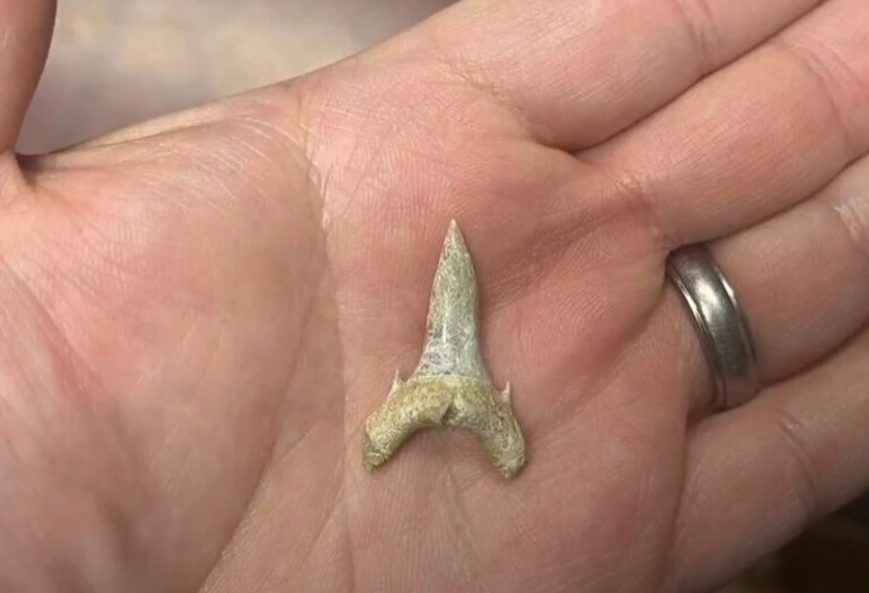Scientists have discovered a previously undiscovered type of shark in Alabama, which is a ground-breaking discovery that illuminates the post-dinosaur age of the ocean.
Named Palaeohypotodus bizzocoi, this shark species, characterized by its needle-like fangs, rose to prominence as a top predator following the mass extinction event that occurred approximately 65 million years ago.
During the Paleocene epoch, which followed the catastrophic extinction event, much of southern Alabama was submerged beneath a shallow tropical to sub-tropical ocean. It was during this time that P. bizzocoi thrived, establishing itself as a dominant force in the recovering marine ecosystem.
The discovery, made possible by the analysis of fossilized shark teeth dating back over a century, offers invaluable insights into the process of oceanic recovery following major extinction events.
According to paleontologist Lynn Harrell, who contributed to the discovery, understanding the evolutionary dynamics of prehistoric marine life can provide crucial perspectives on contemporary issues such as climate change and its impact on ocean ecosystems.
Shark’s Dental Evolution

Comparative analysis of the fossilized teeth with those of modern shark species like Great Whites and Makos revealed distinct dental structures unique to P. bizzocoi. The species’ dentition differed significantly from that of its contemporary counterparts, indicating its evolutionary divergence.
In honor of the late Birmingham archaeologist Bruce Bizzoco, who played a significant role in the academic community before his passing in 2022, the newly discovered species was named P. bizzocoi.
Bizzoco’s contributions to academia, particularly in the field of archaeology, were commemorated through this scientific accolade.
The discovery of P. bizzocoi adds to Alabama’s rich paleontological heritage, with over 400 unique species of fossilized sharks and bony fish already documented in the region.
Researchers suggest that Alabama may have been a global hotspot for marine biodiversity during prehistoric times, underscoring the importance of continued exploration and study in unraveling the mysteries of Earth’s ancient oceans.


Comments are closed.